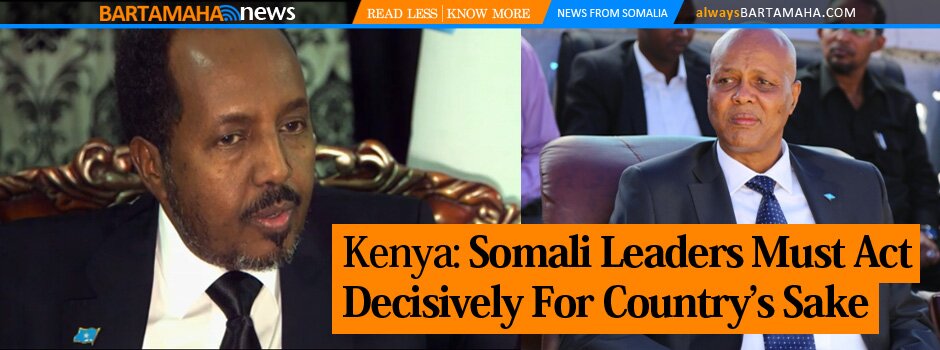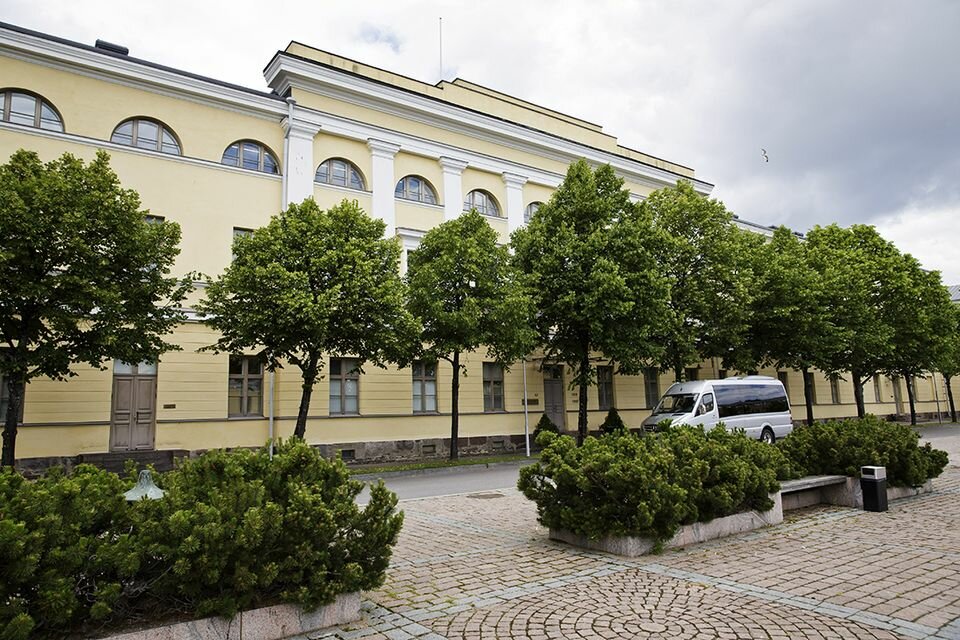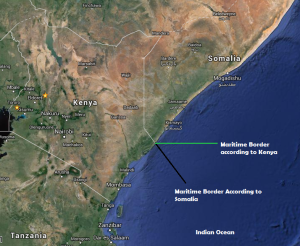Mubarak Steps Down

M. J. Farah
After eighteen days of pro-democracy demonstrators on the streets of Egypt, President Mubarak resigned this morning as he left Cairo for his resort home in Sharm el-Sheik.
Omar Suleiman, who was named Vice President of Egypt on Jan. 29, 2011 after protesters shocked Mubarak’s regime, announced that the former President Mubarak had handed over his authority to the Supreme Council of the Armed Forces.
While Suleiman was delivering the news, the protesters across the Egypt set of a frenzy of celebration as they chanted “Egypt is free”. Mohamed ElBaradei, an opposition leader, said “greatest day of my life”, the Associated Press news agency reported.
The pro-democracy protesters in Tahrir Square, in Cairo, Egypt, are chanting “We have brought down the regime”, broadcasted live by Aljazeera English.
The removal of the Mubarak regime will not only improve Egypt but also other nations. It might have some positive outcome for Somalia’s civil war as well. Egypt and Ethiopia engage in hostilities over water from the Nile River which both countries share.
The Egyptian government influences Somali warlords through Somalia’s membership in the Arab League, while the Ethiopian regime manipulates the warring clans through its sharing border with Somalia. It is widely known that both Mubarak and Zenawi’s regimes armed misguided clan warlords in Somalia. Therefore, Somalia became the ultimate playground for their proxy wars.
While the Arab League failed and the pro-democratic waves rocked its member countries in the Middle East, a new political dawn has begun. With this new beginning, the powers of the world can play divisive politics or they can join and help transition the political aspirations of the people in the Middle East.
In February of 2011, the Economist magazine reported frightening statistics of unemployment in the Middle East. Tunisia’s youth unemployment is 30%, while Egypt’s youth unemployment rate is about 25%. The consequence of bad government and unemployment is a lethal combination as we have seen in Tunisia and Egypt’s public uproar.
Meanwhile, Mubarak’s family fortune could reach 70 billion dollars as he has money in British and Swiss bank plus UK and US property, The Guardian newspaper reported.
United States foreign aid to Egypt averages about $1.3 billion annually. This is also the major reason that one man had been able to stay in power for 30 years. Egyptian President Hosni Mubarak could not have stayed in power without this massive aid.
United States is one of many nations that pushes for other countries to emulate the system of democracy in which they have enjoyed.
With over four thousand years of civilization, the spirit of the pharaohs and the shades of the pyramids, the Egyptian people are rising up in order to rewrite their history. The dedication of the protesters to overthrow this dictator was growing day by day putting their lives at risk for the sake of democracy. The Webster-dictionary explains democracy as a government in which the supreme power is vested in the people and exercised by them directly and indirectly through a system of representation.
Mubarak resigned and the people of Egypt won. U.S foreign policy design that focus on not merely on short term stability, but job creation and the promotion of democracy, will go a long way in fostering a long term strategic relationship with the people in the Middle East.
**M. J. Farah, M. Ed., is an academic advisor, a writer, a lecturer and a contributor of http://www.scartree.com/.
Comments
comments
 Calendar
Calendar






































